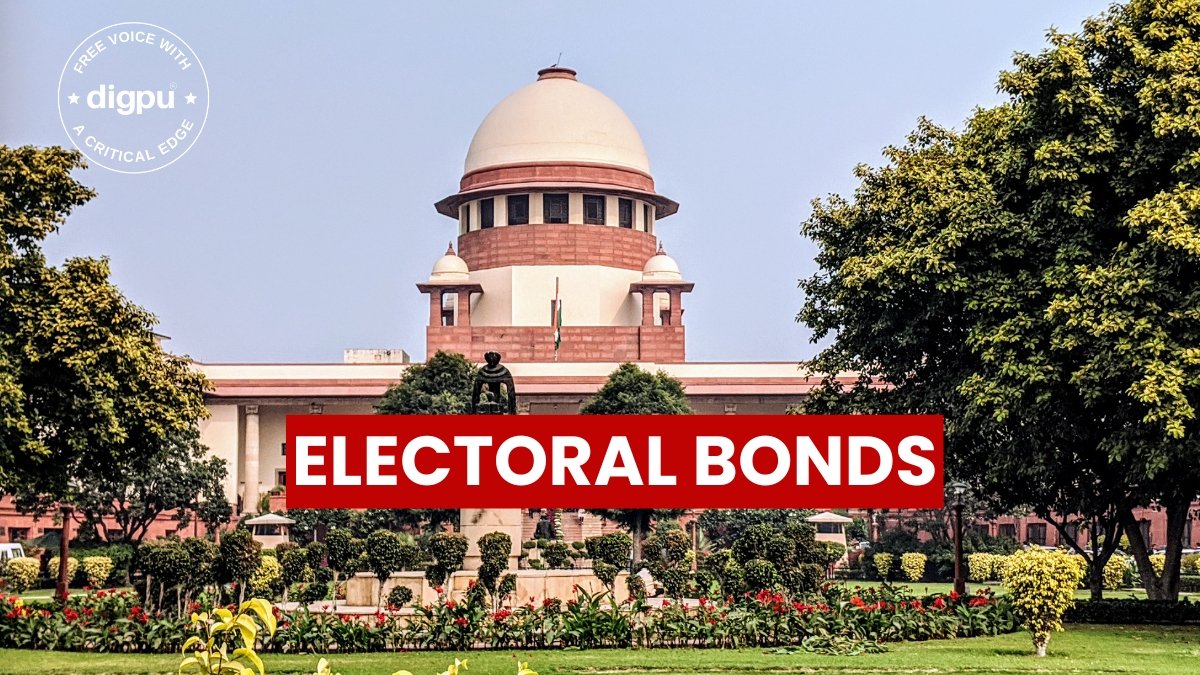New Delhi: In a groundbreaking decision delivered on Thursday (15th February), the Supreme Court of India dealt a significant blow to the electoral bonds scheme, declaring it unconstitutional. The highly anticipated judgment, delivered by a constitution bench comprising Chief Justice DY Chandrachud and Justices Sanjiv Khanna, BR Gavai, JB Pardiwala, and Manoj Misra, marked a pivotal moment in the country’s electoral landscape.
The electoral bonds scheme, introduced through amendments in the Finance Act 2017, allowed for anonymous donations to political parties via interest-free bearer instruments known as electoral bonds. However, the apex court found that the anonymity associated with these bonds undermined transparency in political funding and encroached upon voters’ right to information under Article 19(1)(a) of the Constitution.
Chief Justice DY Chandrachud, delivering the lead judgment, emphasized that while the government’s intention to promote legitimate funds in political financing was acknowledged, the means adopted by the electoral bonds scheme were not justified. The court ruled that there are alternative means to achieve the purpose of curbing black money without compromising the right to information.
The judgment highlighted concerns regarding the unequal access to donor information, potentially giving the ruling party insight into contributors’ identities while withholding such information from opposition parties. Additionally, the removal of the cap on corporate donations was deemed arbitrary by the court.
Consequently, amendments to the Income Tax Act, the Representation of Peoples Act, and the Companies Act have been invalidated. The court directed the State Bank of India, responsible for issuing electoral bonds, to halt further issuance immediately. Furthermore, the bank was ordered to furnish details of all bonds purchased since the apex court’s interim order of April 12, 2019, to the Election Commission.
The decision comes after a series of hearings where the bench posed probing questions to the government, expressing concerns about the scheme’s potential to institutionalize kickbacks for political parties. The petitioners, including the Association for Democratic Reforms (ADR), the Communist Party of India (Marxist), and Congress leader Jaya Thakur, argued vehemently against the anonymity associated with electoral bonds, advocating for transparency and accountability in political finance.
The Supreme Court’s ruling marks a significant milestone in India’s electoral landscape, reaffirming the importance of transparency and accountability in political funding while upholding citizens’ right to information. It underscores the judiciary’s role in safeguarding democratic principles and sets a precedent for future reforms in political financing. As the country moves forward, this decision will likely spark discussions and reforms aimed at enhancing transparency and accountability in the electoral process.


